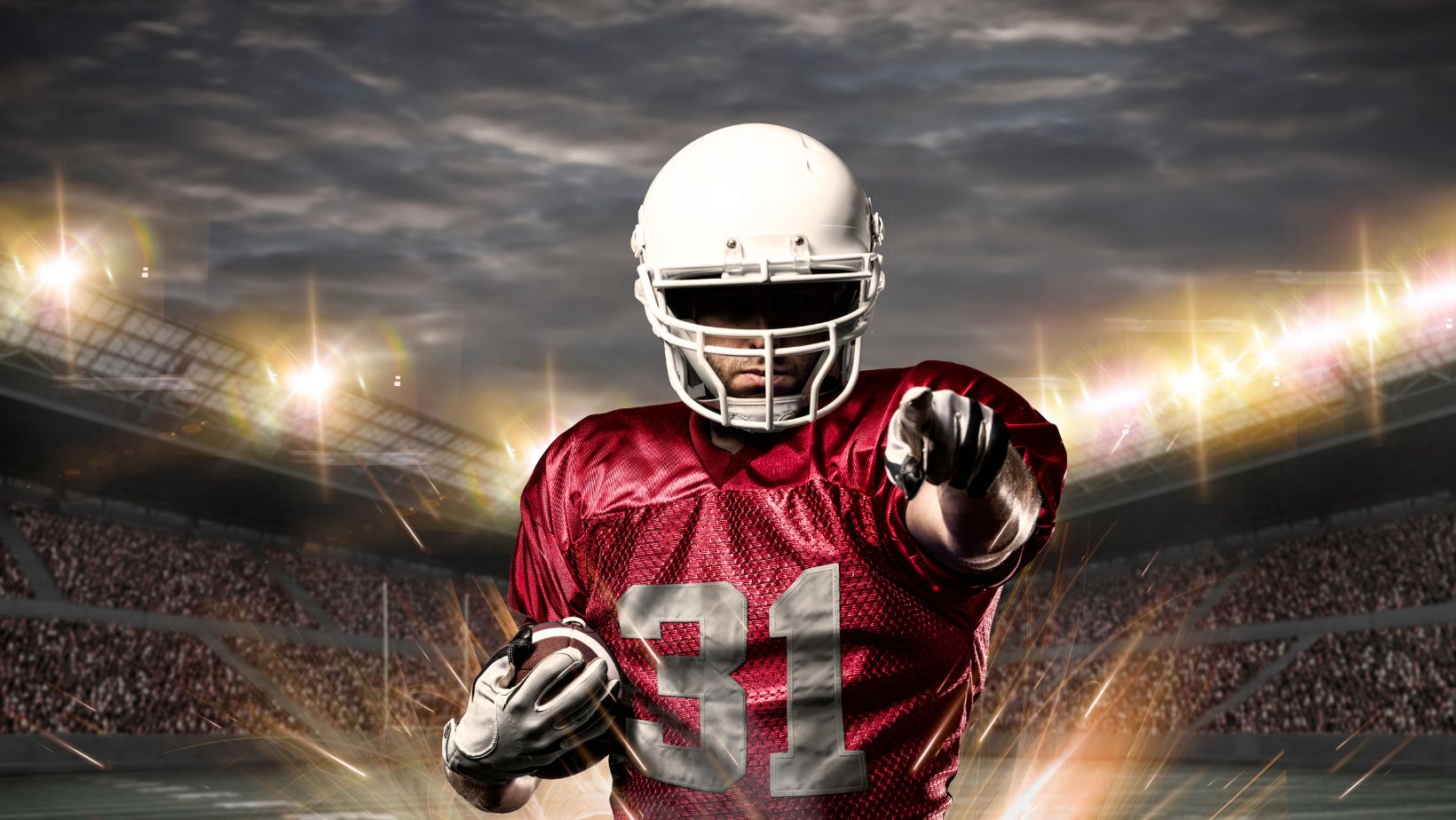Physical Address
304 North Cardinal St.
Dorchester Center, MA 02124

Draft day is the most influential event of any fantasy sports competition. A strong draft can give you the confidence you need to start the season on a high note, while a poor one can leave a pit in your stomach, already bracing for that dreaded last-place punishment. While anyone can participate in fantasy sports, the most successful know how to strategize and know their stars from their benchwarmers. Friends who have been following the sport since they were kids or others who obsessively study players and stats usually have the edge, but what if you could level the playing field without investing as much time or effort?
That’s right—we’re talking about AI and its role in the world of fantasy sports. While AI can’t replace intuition, could it act as an assistant coach to guide you through every draft and matchup?
Seasoned fantasy managers know that draft day is entirely unpredictable. You might have your star picks and enter the draft hoping that you’ll be able to snag your favorite player, but the reality is that surprise trades and draft positions can ruin even the best-laid plans. That element of luck and randomness is exactly where AI can make a difference.
While many people think of generative AI first, AI is most useful for data aggregation and analysis. Sports is one of those industries where data is abundant, to say the least. AI can analyze team changes, player stats, historical matchups, probabilities, weather patterns, and many other factors simultaneously and provide insights that humans typically miss. Perhaps you’re overly focused on the latest Super Bowl or World Cup winner and are overlooking the athletes and teams who are likely to have a breakout season or could fit your team’s makeup.
With a more data-driven draft rather than one guided by gut feeling, you could earn a strategic edge over those still counting on luck.
AI is highly accessible, and managers who make the most of that accessibility can access things like automated suggestions and predictive modeling to make accurate and speedy decisions. There’s no longer a need to spend hours researching niche statistics or reading about what the experts are saying. In just a few seconds or minutes, you can get a full-on breakdown of projected points and more. That isn’t to say that a manager can completely rely on AI to do all the work for them, though. Traditional knowledge and understanding of the sport are still highly important, but AI could lend a helping hand or compensate for gaps in experience.
Not everyone has the advantage of multiple fantasy sports seasons to learn from, and building that knowledge traditionally takes years. Instead of expecting the most knowledgeable players to continue winning week after week, AI provides the opportunity for newer ones to get a real shot at success.
AI isn’t only being used and applied in fantasy sports. Other digital gaming domains have been experimenting with AI for years now. Online platforms often take advantage of these algorithms to enhance the player experience in many ways. Perhaps they use predictive analytics to respond to player behavior or offer personalized online casino bonuses that fit certain preferences or regions. Fantasy sports follow a similar approach, where the algorithm analyzes the player and provides personalized suggestions.

Players can use this actionable intelligence for good and disrupt the usual trajectory of seasoned managers dominating the league.
AI always comes potential downsides in terms of ethics and reliance. After all, we’re talking about incorporating a highly non-human tool into an extremely human experience. Relying too much on AI in fantasy sports can take away from the human elements of gut feeling, creativity, intuition, and unintentional blunders that make fantasy sports what they are. Managers could slowly become overly dependent on AI recommendations and data without considering context, human error, natural chemistry, or the unexpected.
And just because AI is extremely accessible, it doesn’t necessarily mean we should abuse it. Eventually, questions surrounding fairness could come to light. Could players with access to advanced versions of AI tools skew results merely because of better technology rather than better strategy or knowledge? Could “skill” be less about love and understanding of the sport and more about having the right algorithm or software?
Of course, AI predictive models aren’t perfect. Even the most sophisticated AI systems can’t account for every variable, apply human judgment, or predict real-time changes. Relying solely on AI could lead to the opposite effect—turning what should be a fun, social game into a robotic numbers exercise. That’s something no real sports fan wants. The upsets, the punishments, the connections to each other and the sport, and the camaraderie and bragging rights are all much more important than merely winning. And we can’t let AI get in the way of that.
Fantasy sports thrive on knowledge, luck, strategy, and a love for sports. Put AI in play, though, and the rules are bound to change. Fans who participate in leagues with rivals who use AI draft tools and predictive models may find themselves competing on different turf. But the good news is that this doesn’t mean the heart of fantasy sports is disappearing, nor will AI necessarily become the norm. AI can help newcomers fall in love with the game and give casual players a fighting chance, but at the end of the day, fantasy sports is expected to stay rooted in passion, joy, and connection.